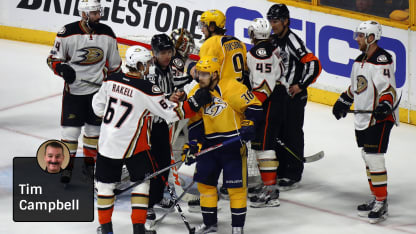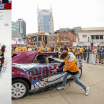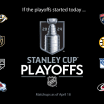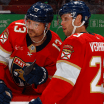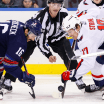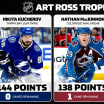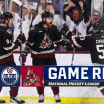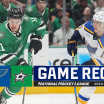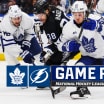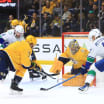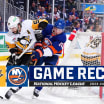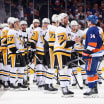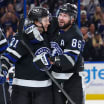Execution, especially making plays with the puck, will be an increased focus for the Ducks.
"They're a super-aggressive team, maybe even more at home when they have the crowd pumping energy into them," right wing Jakob Silfverberg said. "It's tough to play against when they're pinching a lot and keeping a lot of pucks in and getting a lot of zone time.
"A lot of times when we have the puck, we tend to just throw it away rather than making a play. And just come back, regroup. I think we get caught a lot of times flat-footed and stretching. We have to come back for pucks with more speed and play with a little bit more confidence rather than just chipping it up the ice."
Playing a little smarter would help too. In Game 3, the Ducks took two penalties in the offensive zone and the second one, a high-sticking call against forward Chris Wagner, gave the Predators a power play that led to Roman Josi's game-winning goal late in the third period.
"When we've been playing good, it's been all about us not taking too many penalties or just doing stupid things out there," right wing Rickard Rakell said. "Hopefully we can just keep our emotions in check going forward."
Some passion and competitiveness of their own would go a long way for Game 4, Carlyle said.
"We just have to play a lot more complete game," he said. "We have to be in a much more competitive state come [Thursday] night than what we were [Tuesday] night."
